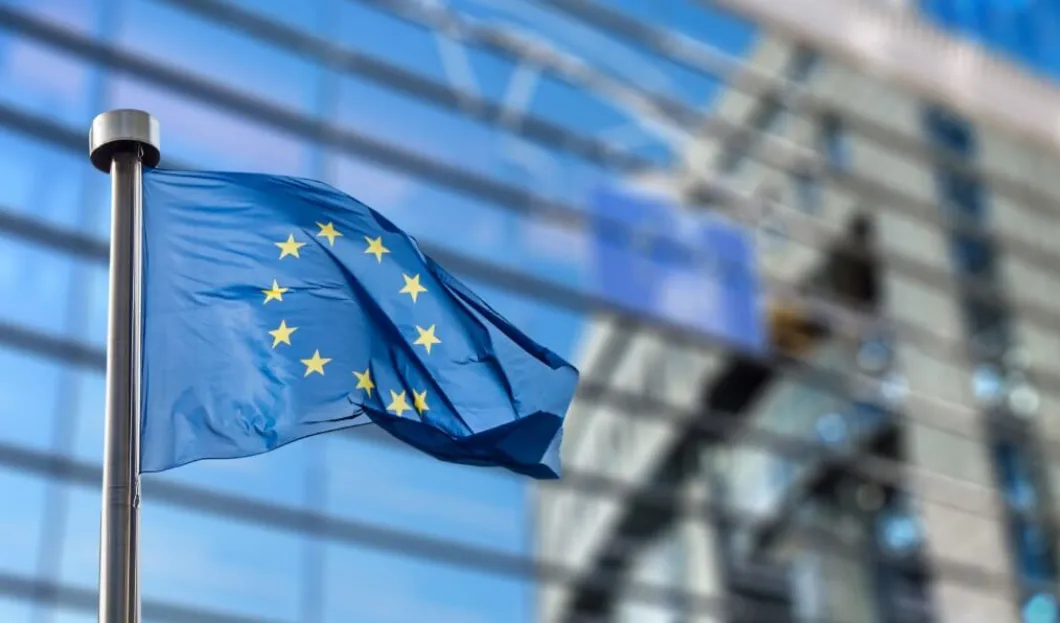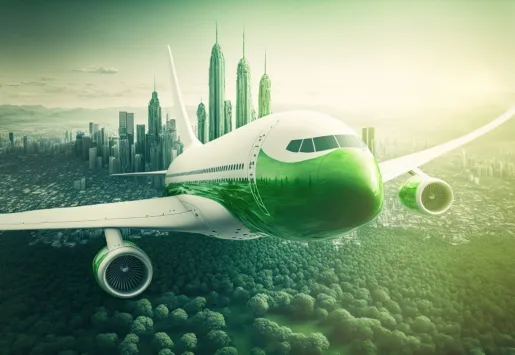
The European Parliament last week approved a proposal that sets binding targets for airlines operating in Europe for sustainable aviation fuels. The proposal aims to boost the demand for and supply of sustainable aviation fuels (SAF). These fuels emit net-zero CO2 emissions or lower CO2 emissions than fossil fuel kerosene.
Fuel suppliers in the European Union have to ensure that a certain percentage of fuel available at airports is SAF (Sustainable Aviation Fuel) in the coming years. This percentage is set to increase over time, with a target of 2% by 2025, 6% by 2030, 20% by 2035, and 70% by 2050.
Additionally, starting in 2030, a specific percentage (1.2%) of fuels must be synthetic fuels produced using captured CO2 emissions. This percentage is set to increase gradually and reach 35% by 2050. Synthetic fuel advocates argue that CO2 emissions released during combustion are balanced by captured CO2 used during production.
Sustainable aviation fuels are produced in small quantities and are more expensive than the conventional ones.
The five leading European aviation associations, representing airlines, airports, the civil aeronautics industry, and air navigation service providers, welcome the adoption of the Refuel EU Plan Aviation Regulation. They look forward to further deployment of sustainable aviation fuels (SAF) worldwide.
The deal needs to be approved by all EU countries before becoming law.
















